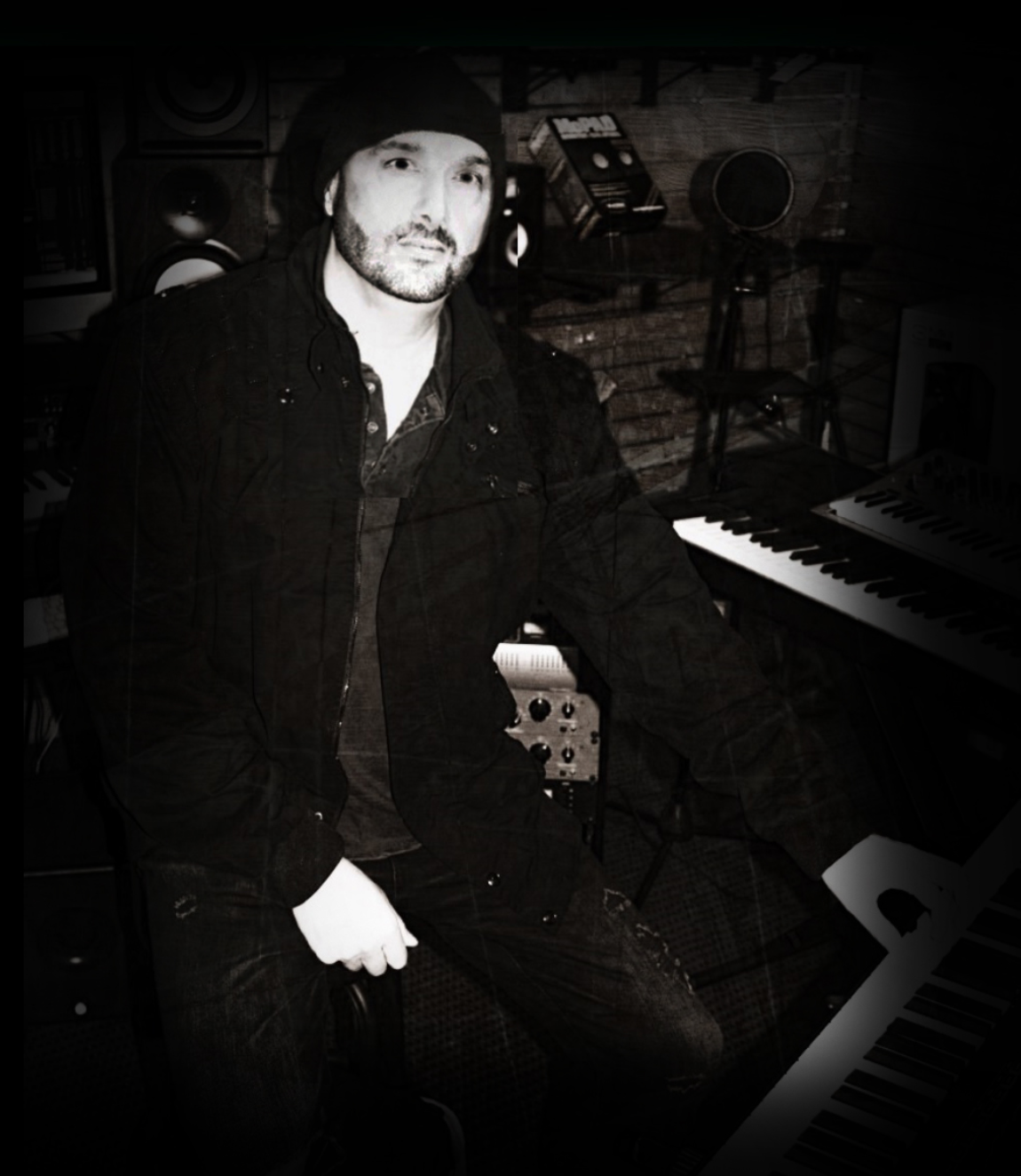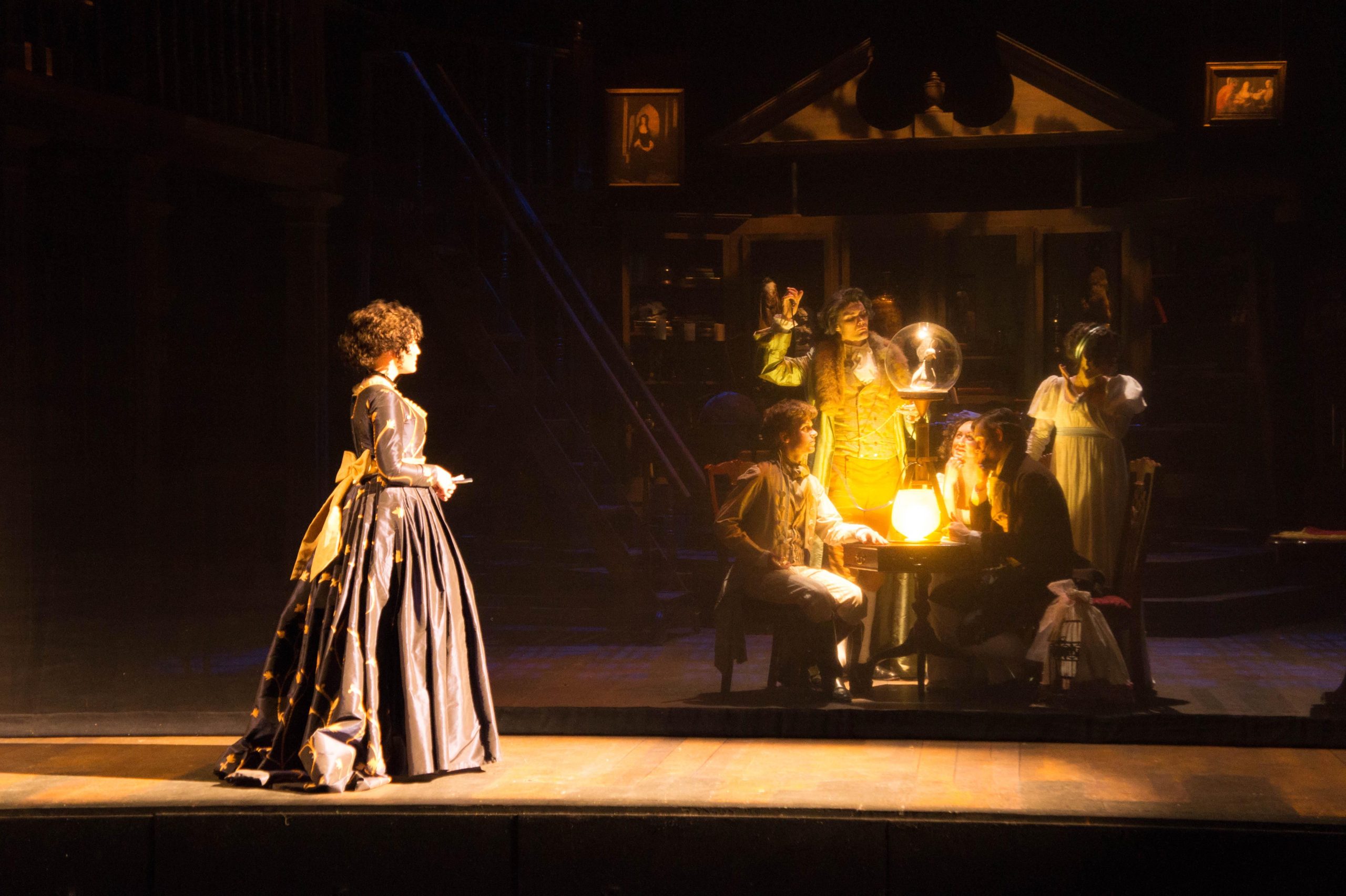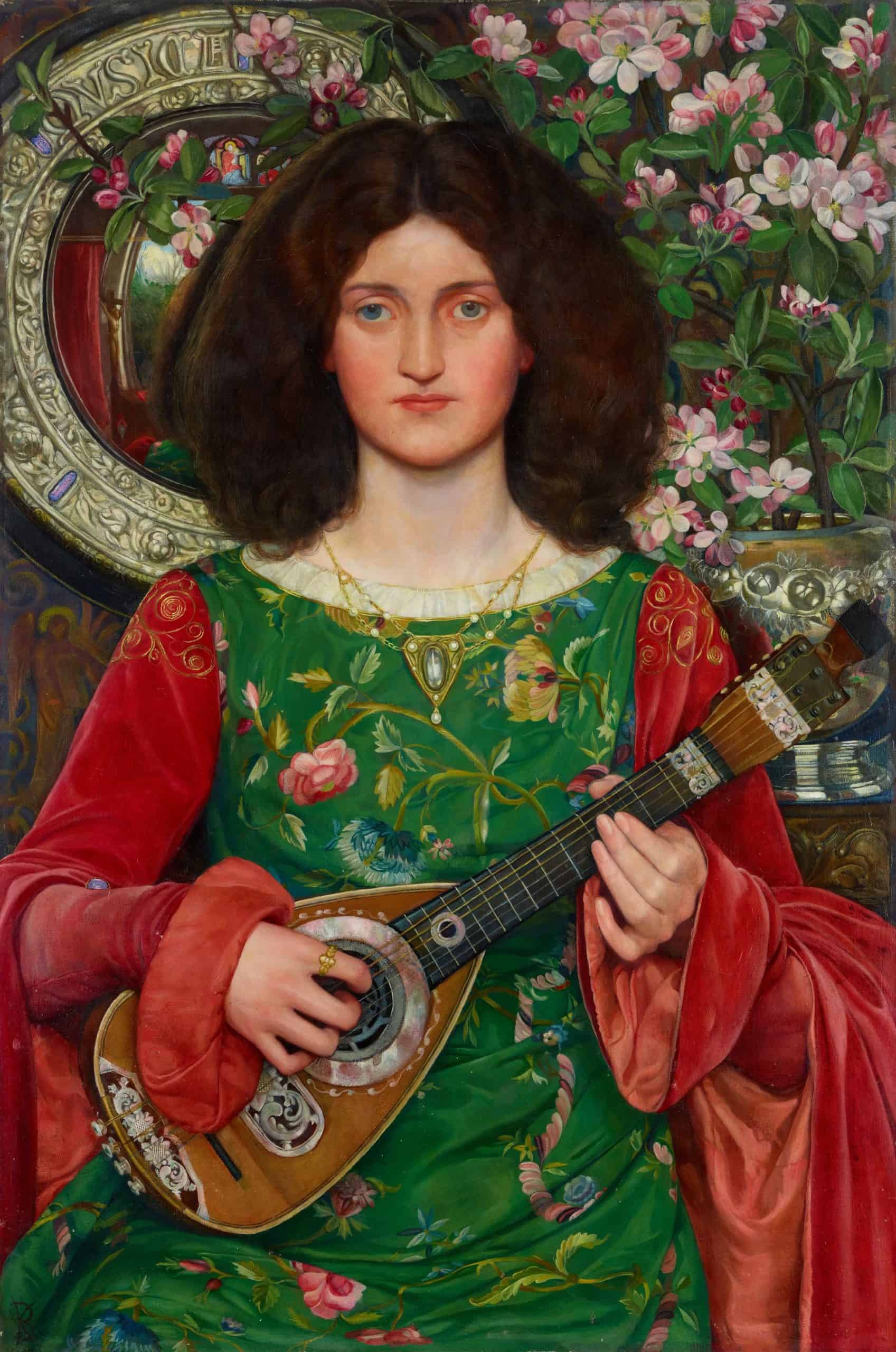The Journey of Self-Discovery Through Songwriting and Composition

Exploring the Depths of Self-Expression
In a world where words often fall short, songwriting and composition unlock a profound realm of self-discovery. For many, the process of creating music becomes a journey that reflects their innermost thoughts and emotions. Through melody and lyric, artists can unveil layers of identity often hidden in everyday life. Each song can be a mirror, revealing not just personal stories but also universal truths that resonate with many. For instance, Taylor Swift captures the complexities of love and heartbreak in her lyrics, allowing listeners to connect with their experiences through her narratives.
Engaging in this artistic pursuit can yield several benefits:
- Emotional Healing: Writing songs offers individuals a unique outlet to process their feelings. This is particularly evident in the aftermath of personal losses; artists like Adele have used their craft to articulate their grief, giving voice to the difficult emotions that come with heartbreak. The cathartic nature of songwriting can facilitate healing, providing a safe space for expression.
- Creative Release: Composition serves as a channel to express feelings and thoughts that words alone cannot convey. For example, genres like jazz or blues often communicate complex emotions purely through instrumentation, giving composers an avenue to share feelings without lyrics. This artistic flexibility showcases how music transcends the limitations of language.
- Self-Reflection: The act of crafting a song invites introspection, leading to a deeper understanding of oneself. Artists often find solace in writing, as it prompts them to evaluate their life experiences. For instance, the introspective lyrics of artists like Joni Mitchell reflect her journey of self-discovery and personal growth, encouraging listeners to embark on their paths of reflection as well.
From iconic artists like Bob Dylan, whose lyrics speak to the human experience and often touch on social issues, to emerging songwriters discovering their voice, the ability to compose music becomes a transformative tool. Through this exploration, individuals not only create but also connect—with their emotions, with their audience, and with their unique narratives. Each song becomes a testament to their life journey, offering a glimpse into their thoughts and feelings.
As we delve into the relationship between songwriting and self-discovery, we uncover how this art form fosters growth, healing, and connection. For many, this journey is not just about creating music; it is about finding one’s place in the world and articulating that journey through the universal language of song. Therefore, understanding the depths of self-expression through songwriting invites us not only to listen but also to engage with the powerful stories that these songs tell. The transformative nature of music has the power to unite people in shared experiences, reminding us of our shared humanity.
DISCOVER MORE: Click here to delve into the art of gardening
The Transformative Power of Music Creation
Songwriting and composition offer a unique pathway for individuals to explore their personal narratives while nurturing their artistic talents. The journey of self-discovery through songwriting is characterized by the interplay of creativity and introspection. This process not only cultivates artistic skills but also broadens an individual’s understanding of their experiences and emotions. Many aspiring songwriters initially approach the craft seeking to express their feelings, but what they often find is a deeper connection to their own identity.
At its core, the act of songwriting can be broken down into several stages, each contributing to personal growth and self-awareness:
- Inspiration and Conceptualization: The first step in the songwriting process is often sparked by a moment of inspiration—be it a life event, a fleeting thought, or an emotional response. This initial phase encourages individuals to reflect on significant moments in their lives, prompting them to draw from their own experiences. Artists like Ed Sheeran often find their muse in daily encounters, transforming ordinary moments into extraordinary narratives.
- Lyricism and Storytelling: Crafting lyrics is where songwriters begin to sculpt their stories. Through the careful selection of words and phrases, they create vivid imagery and relatable themes. This act of storytelling is integral to the songwriting process, allowing composers to weave their personal tales into a framework that listeners can grasp. Consider how artists like Hozier utilize poetic elements in their lyrics, intricately linking personal experiences to broader societal themes, making their music deeply resonant.
- Melodic Composition: The melody serves as the emotional backbone of a song. Composers experiment with various musical scales and harmonies to evoke specific feelings within the listener. This is not merely a technical aspect of songwriting but a profound expression of the songwriter’s emotional state. For instance, minor keys often elicit feelings of melancholy, while major keys typically promote joy and optimism, reflecting the complex layers of human emotions.
- Reflection and Revision: Once a song is composed, the writer undertakes the critical task of reflection and revision. Revising lyrics and melodies not only enhances the song but also allows songwriters to engage in self-evaluation. Through this iterative process, they may uncover new insights about themselves and their emotional landscapes, often leading to significant moments of clarity and personal growth.
This cyclical process of creating music not only leads to unique artistic outputs but also serves as a vehicle for self-exploration. As songwriters confront their feelings and experiences, they cultivate a greater understanding of their identities. Artists like Billie Eilish exemplify this journey; through her poignant lyrics and distinctive sound, she has created a profound dialogue with her audience, encouraging listeners to reflect on their own experiences in tandem.
In essence, the journey of self-discovery through songwriting positions music as a powerful form of expression that transcends cultural and personal boundaries. It empowers individuals to explore their complexities while creating profound connections with others. As we continue to unravel this intricate relationship, we find that music creation is not simply about crafting songs—it is an essential part of understanding and articulating the human experience.
The Journey of Self-Discovery Through Songwriting and Composition
Songwriting is not merely the act of putting words and melodies together; it serves as a powerful tool for personal transformation. In exploring one’s thoughts and feelings through song, individuals embark on a journey of self-discovery. Lyrics often reflect subconscious desires and unresolved emotions, making the songwriting process a form of therapy.
Moreover, the act of composing music allows for a unique expression of identity. Each note played and each lyric penned can offer insights into personal growth and challenges faced. This creative outlet fosters introspection, leading to a profound understanding of what truly matters in one’s life. Many songwriters have shared their experiences, claiming that through their music, they’ve uncovered layers of their personal truth that they weren’t aware existed.
As the journey unfolds, the collaborative nature of songwriting enhances this exploration further. Engaging with fellow musicians opens doors to diverse perspectives, encouraging songwriters to challenge their own ideas and expand their emotional vocabulary. This collaboration not only enhances creativity but also builds a sense of community, connecting individuals through shared experiences and stories.
Indeed, songwriting and composition cultivate not just artistic endeavors, but a holistic approach to personal well-being. The relationships formed through music often provide support systems that boost confidence and resilience, reinforcing the notion that one’s unique voice is invaluable in the human experience.
| Advantage | Description |
|---|---|
| Emotional Healing | Songwriting acts as a cathartic release, helping individuals process their emotions and experiences. |
| Identity Exploration | Writing music offers a unique way to explore and express one’s authentic self, unearthing deeper personal truths. |
Ultimately, the journey of self-discovery through songwriting and composition is one that not only enhances artistic expression but also promotes emotional growth and personal clarity. As individuals continue to share their stories through their art, the resonance of their experiences echoes across communities, inspiring others to embark on their own journey of discovery.
DIVE DEEPER: Click here to discover the various forms of artistic expression
Unveiling Personal Truths Through Music
The journey of self-discovery through songwriting often leads creators into the depths of their innermost thoughts and feelings, encapsulating their truths in a melody or lyric. This process becomes a mirror, reflecting not just their realities but the dreams and fears woven into their lives. As songwriters delve deeper into their craft, they find that their songs can serve as powerful affirmations of identity, establishing connections that resonate with listeners worldwide.
Consider the phenomenon of catharsis in music; many artists utilize songwriting as a method to confront personal and collective traumas. For instance, the acclaimed artist Taylor Swift has famously channeled her life experiences—from heartbreaks to resilience—into her music. Each album unveils a chapter of her journey, illustrating how songwriting can illuminate growth and healing. This ability to articulate complex emotional narratives often empowers others to confront similar struggles, forging a community of shared experiences that reshape perceptions of self.
Moreover, the collaborative aspect of songwriting further enhances the journey of self-discovery. When songwriters collaborate, they interact with diverse perspectives and influences, which can catalyze personal revelations. For example, collaborations in the vibrant music scene of Los Angeles or Nashville lead to dynamic songwriting partnerships, where artists challenge each other, thus leading to unexpected turns in their creative expressions. These partnerships encourage composers to explore uncharted territories in their work, facilitating a deeper understanding of their thematic inclinations and emotional landscapes.
- Exploring Vulnerability: One of the most powerful outcomes of songwriting is the exploration of vulnerability. Artists who dare to expose their insecurities evoke empathy, making their music profoundly relatable. The Canadian singer-songwriter Leonard Cohen once noted, “There is a crack in everything. That’s how the light gets in.” This sentiment encapsulates the transformative power of vulnerability in music, where imperfections are celebrated as integral elements of the human condition.
- Expanding Cultural Horizons: Songwriting also fosters an expansion of cultural perspectives. Diverse musical genres draw upon various cultural influences, enabling artists to engage with broader narrative forms. The global success of musicians like Bad Bunny and Lizzo highlights how cross-cultural storytelling can create spaces for self-discovery by embracing multiple identities and experiences. Their songs address issues ranging from self-acceptance to social justice, broadening the conversation on identity beyond personal narratives to include collective experiences.
Furthermore, technology has revolutionized the songwriting process, enhancing accessibility and creativity. With the advent of digital recording software and social media platforms like TikTok, a new generation of musicians can share their stories with unprecedented immediacy. Artists can connect with audiences, receiving instant feedback that shapes their identity and creative direction. This interactive dialogue allows for constant evolution, where songwriters can reflect public sentiment and incorporate these insights into their personal storytelling.
As artists delve into the minutiae of their thoughts through composition, they embark on a journey that intertwines personal growth with the transformative power of their craft. The act of writing songs becomes a means of giving voice to their experiences and emotions, ultimately forging a clearer pathway toward self-realization. This ongoing process not only fosters creative expression but also lays the groundwork for a more profound understanding of oneself amidst the chaos and beauty of life.
DIVE DEEPER: Click here to uncover the benefits of music therapy
Embracing the Power of Songwriting
In conclusion, the journey of self-discovery through songwriting and composition presents an enriching experience that transcends mere musical creation. It is an endeavor where vulnerability meets empowerment, allowing artists to articulate their most profound emotions, struggles, and aspirations. As they navigate this path, songwriters become not only creators but also storytellers who forge intimate connections with their audience. The narratives embedded in their songs resonate with listeners, fostering a sense of community that reassures individuals they are not alone in their battles.
The collaborative aspect of songwriting further nourishes this exploration, inviting a diverse tapestry of influences that challenge and inspire. This melding of ideas invites artists to venture beyond their comfort zones, deepening their personal understanding and enriching their creative expressions. Furthermore, modern technology has amplified these opportunities, democratizing the music creation process and allowing voices from all backgrounds to be heard and celebrated.
As we delve deeper into the world of songwriting, it is essential to recognize its potential as a transformative practice—not just for the artist, but for society at large. Through music, artists can champion social justice, cultural acceptance, and empathetic understanding, turning personal narratives into universal themes. Thus, the exploration of self through songwriting becomes a powerful tool for healing, connection, and advocacy, encouraging all of us to embrace our stories and share them with the world.
Embarking on this musical quest not only enriches the artist’s journey but invites us all to reflect on the power of storytelling in shaping our identities, fostering connections, and ultimately leading us toward a more profound sense of self. With each note and lyric, the potential for transformation remains limitless.


